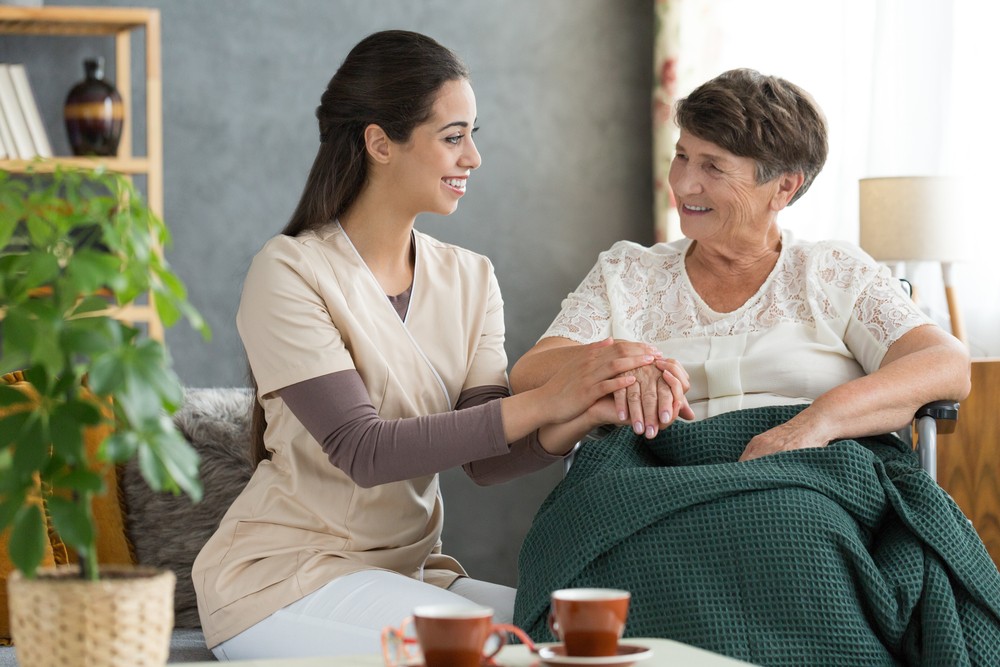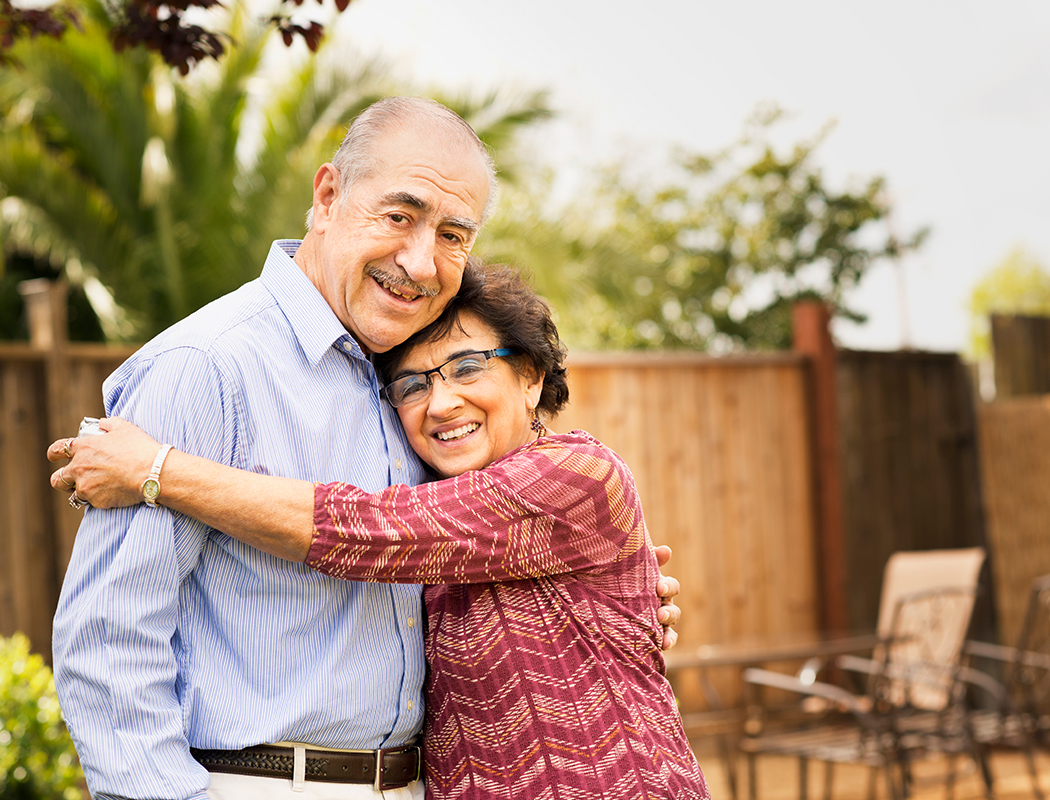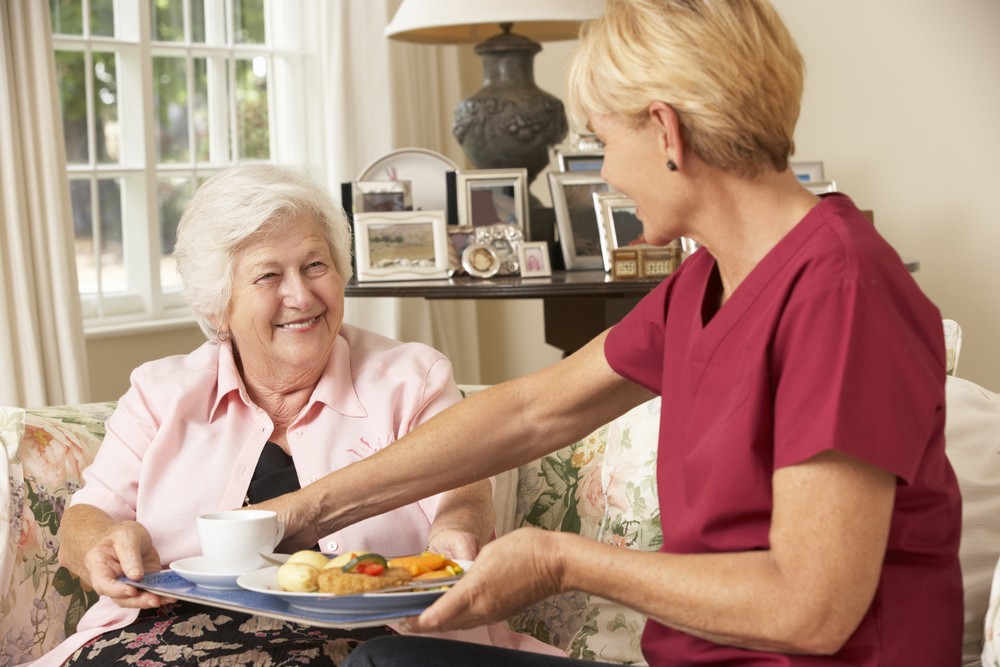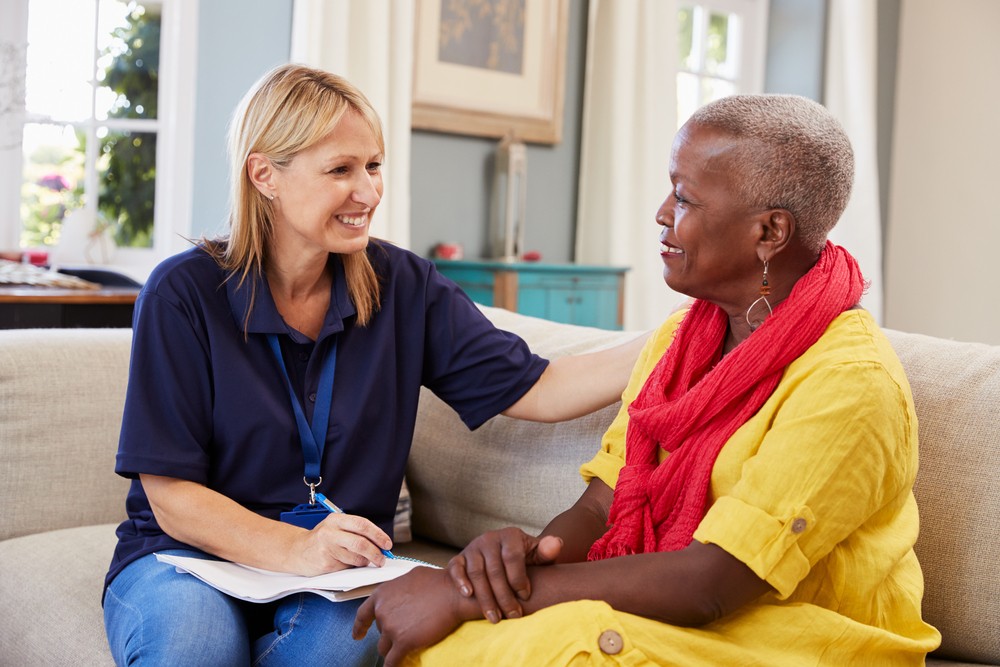What Is Post-Stroke Rehabilitation and How Does It Help?

As any stroke survivor knows, recovering from a stroke can be an arduous process that requires patient and consistent effort. But through post-stroke rehabilitation, stroke survivors can relearn skills they’ve lost or develop adaptive approaches so they can regain as much independence as possible.
Understanding the Path to Recovery
A post-stroke rehabilitation program will be shaped by the severity of the stroke and the types of disability that have occurred. Depending on which area of the brain was affected, symptoms may include:
- Paralysis or weakness on one side of the body.
- Difficulty controlling movement, which can affect balance and mobility.
- Pain, numbness, or sensory disturbances such as tingling in paralyzed limbs.
- Aphasia, or difficulty understanding and using language.
- Cognitive challenges, such as shortened attention span or short-term memory loss.
- Emotional disturbances, including fear, anxiety, frustration, anger, grief and depression.
Often, rehabilitation begins in the hospital as soon as the patient is stable. The first step is typically to address the issue of paralysis or weakness by encouraging independent movement, such as sitting up in bed, standing or walking with or without assistance.
Once a stroke survivor is ready to be discharged from the hospital, the hospital social worker and discharge planner will help coordinate the best next steps for rehabilitation. This can include returning home, which will often require significant support from loved ones or paid caregivers, and transportation to outpatient rehabilitation centers multiple times a week.
Another option is for the stroke survivor to spend time at a post-stroke rehabilitation center, where a multidisciplinary team ensures they get daily support and the rehabilitation services required to return home as quickly as possible.
The Post-Stroke Rehabilitation Team
A team of professionals is involved in the post-stroke rehabilitation process, offering expert and compassionate support, and creating a customized program that helps patients achieve their recovery goals. This rehabilitation team is made up of:
- Physicians, who help develop and oversee a customized plan of care and may also recommend medications to help ease pain or treat certain conditions.
- Rehabilitation nurses to help survivors adjust to life after their stroke by educating them about routine health care, such as following medication schedules or managing incontinence.
- Physical therapists, who evaluate problems with movement, balance and coordination, and guide stroke survivors through exercises that can help restore physical function.
- Occupational therapists, who support stroke survivors’ return to independence by helping them relearn the skills required in daily life, such as dressing, grooming or preparing meals. They can also suggest safety precautions, like installing grab bars in bathrooms, and adaptive strategies to help compensate for lost skills, such as exchanging clothing with buttons for clothes with hook and loop fasteners.
- Speech therapists, who help patients relearn language skills, improve the ability to swallow and develop the social skills needed to cope with any residual effects of their stroke.
Post-Stroke Rehabilitation at Autumn Leaves
The rehabilitation team at Autumn Leaves knows that you want nothing more than to recover quickly and get back home to the everyday life you love. Our Road to Recovery program includes a physician-led team of caregivers, nurses and therapists who offer a personalized approach and use state-of-the-art tools to help you recover as quickly as possible. A warm, welcoming environment, delicious and nourishing meals, and activities to keep you mentally and socially engaged make our community a comfortable, inviting place for your recovery. To learn more about senior rehabilitation at Autumn Leaves, contact us or schedule a visit.
You Are Invited to Experience Our Community!





